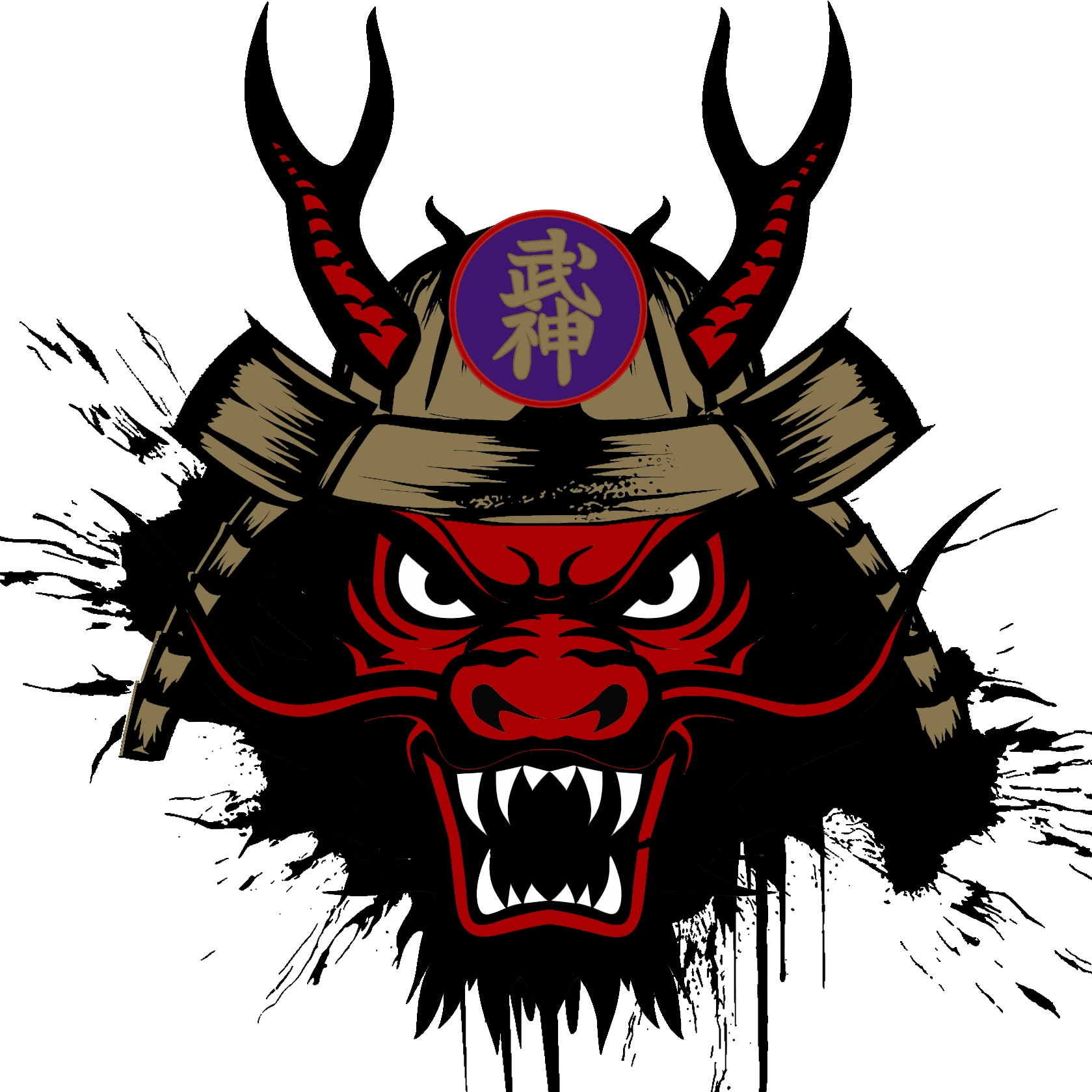 As you know this years theme is the Togakure school. And what we is studying is the 面 OMOTE, outside or the visible and the 空間 KUUKAN. Next year we will be studying the 裏 URA, the inside, what is not visible or the secret. Soke said that next year we will go beyond kuukan.
As you know this years theme is the Togakure school. And what we is studying is the 面 OMOTE, outside or the visible and the 空間 KUUKAN. Next year we will be studying the 裏 URA, the inside, what is not visible or the secret. Soke said that next year we will go beyond kuukan.
First I’d like to remind you of my previous posts about not going ahead too soon, and instead follow the natural way and do things with good timing. So what he meant by going beyond kuukan we can leave for next year… no need to worry about that now.
空間 KUUKAN means space, room or air space. The first kanji KARA means emptyness, vacuum or blank, also SORA means sky or the heavens. The second kanji MA means space, room, time or pause. It can also mean many other things, for example KEN which is a measurement used between pillars, the same length as a tatami mat, 1,818 meters. In Koto-ryu for example you should be able to jump 2 ken sideways.
Other Japanese budo arts use and emphasize the same kanji for 間合い MAAI (interval), but in Bujinkan we instead speak of kuukan which has a deeper meaning. It is not just the distance, it is more how you use the distance that is important. For example if you have a pistol on your right side of the hip, you should keep this side away from the opponent so that he cannot take your weapon, and also so that you have room to draw your weapon off need be.
So this year we are developing our 空間感覚 Kuukankankaku, our sense of using the space between ourselves and the opponent as well as everything else around us, including possible weapons, doors, trees, stones, cars, other people etc.
In art they also speak of kuukan. For example using a big white paper and not too much black ink. Instead of looking at the black ink you look at the big white spaces. Or a zen garden one stone in the middle of a big field, it is the same thing, kept very simple. Maybe the same thing can be said about budo, keeping the techniques simple and leave plenty of room that can be used if needed, instead of complicated techniques that leaves out the freedom to henka, change. The key is to keep it simple, I think.
